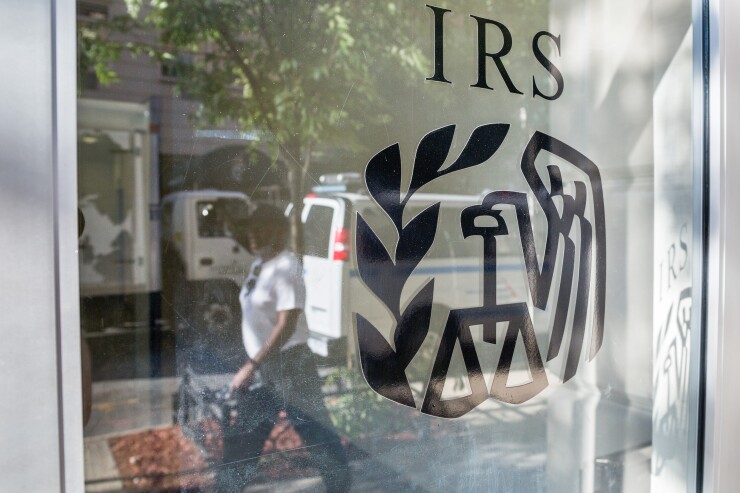Our daily roundup of retirement news your clients may be thinking about.
IRS rules allow clients in certain circumstances to tap into their retirement accounts before the age of 59 1/2 without facing the hefty 10% early withdrawal penalty, according to this article on CNBC. One of these circumstances not known to many is the series of equal payments called “72(t) distribution.” However, an expert says clients should consider this penalty-free cash out as a last resort option. “The first overriding factor is ‘Never do it.’ You will have less money for retirement."

Clients will be better off maxing their health savings account contributions before contributing to their 401(k), writes a Forbes contributor. "HSA payroll contributions are made pre-tax. When balances are used to pay qualified health care expenses, the money comes out of HSA accounts tax-free," explains the expert. "Earnings on HSA balances also accumulate tax-free. There are no other employee benefits that work this way."
Seniors are likely to pay unnecessary taxes in retirement if they fail to avoid making financial mistakes before they retire, according to this article on MarketWatch. To improve their future prospects, clients should not assume that they will move to a lower tax bracket in retirement, and they should avoid ending up with a large required minimum distribution from their traditional IRAs and 401(k)s. Clients are advised to max out contributions to their Roth IRAs and Roth 401(k) while they still can, as distributions from these accounts will be excluded from their taxable income.
The maximum 401(k) contribution limit in 2018 is $18,500, but some workers may have a lower limit depending on their company and the money they make, according to this article on Fox Business. Contrary to what many workers think, 401(k) participants, and not their employer, pay the investing fees. They may also have to wait to get the employer's matching contributions even if they contribute enough to get the match because the plan may have a vesting schedule, a form of incentive for workers who stay with the company.





